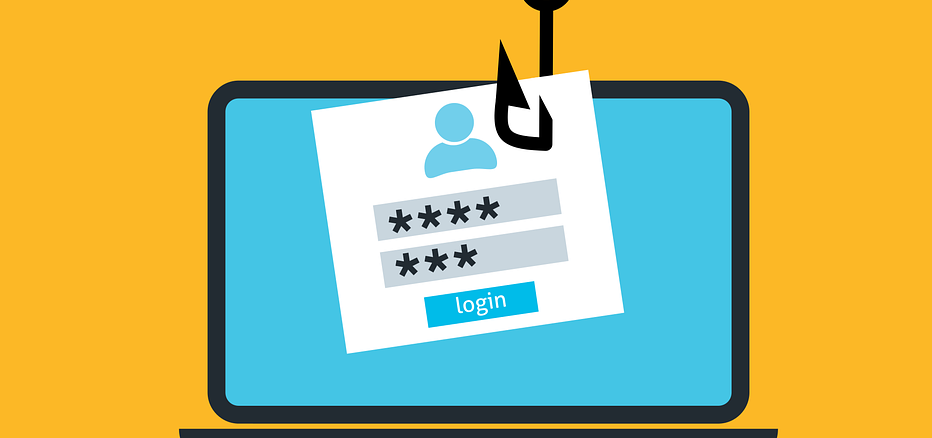
Pic Source: Pixabay
The internet is a wonderful place, but it can be an easy target to get scammed. You probably get bombarded with multiple financial scams every day. These can include everything from “I’m moving overseas and need help getting my money out of the country” to “I’m stuck in London and need help getting some money wired.”
How can I be sure that any online requests for help were legitimate? How can I protect myself from these criminals once they access my bank account? I thought about the numerous ways these scams happened and how the fraudsters accessed my private information.
Then I realized something: just about everything that had happened so far was due to an app or computer error. The fraudsters had somehow purchased an old database from elsewhere on the internet or from someone in tech support at one of the banks that I used.
So, how to proceed?
The Most Popular Finance Scams
The world of finance turned upside down in recent years. The internet allows scammers to invade our financial lives with more freedom than before. It leaves the average person confused and at risk of falling victim to scams.
The government is moving to pass new laws that strengthen consumer protections against these criminals. However, for now, there are some simple steps you can take to protect yourself from falling into their traps.
Here are a few common scams that affect every area of your financial life:
Fake checks: Scammers use fake bank checks to get your money. They trick you into thinking they are real or use a copy machine and inkjet printer, making it very difficult to identify the fake check as being invalid.
Overpayment: You may not realize it, but banks, by law, require to clear checks before they can send them out. Legitimate banks will notify the proper authorities so they can investigate the scammer’s bank account before making any withdrawals.
How to Protect Yourself From Financial Scams?
There is no such thing as a “sure bet” to investing. Whether you are setting money aside for your child’s college education, trying to pay off your mortgage early, or just looking to grow your retirement account, there is always an element of risk involved. In addition, the world of finance gets filled with scams and questionable companies that aim to take advantage of the uninformed.
But how can you know who is legitimate and who is not? How can you ensure you are not getting scammed by a company offering high “interest rates” on your savings that seem too good? We have some tips to ensure you do not become a victim of a financial scam.
Safeguarding Techniques
The last thing you want is to be left with a hacked bank account or drained PayPal account, but as easy as it is now for us to make purchases online, there are people out there trying to take advantage of the digital era. Technology is making it easier for scammers to hack into your personal information and accounts, so you must be aware of how to keep yourself safe.
There are numerous finance scams recovery companies that offer assistance to people in need. They help put together a case with all the evidence and fight it on behalf of the victim. Apart from this, here are some tips on how to best safeguard yourself:
- Never share your password or security question with anyone, including family members and close friends.
- Make sure you have strong passwords on all your accounts (at least ten characters long and contain letters, numbers, and symbols)
- Use two-factor authentication if possible (where a code gets sent via text message to your phone)
Conclusion
The great thing about the internet is that it is a place to learn about new things and meet new people. The not-so-great thing about the internet is that some of those new things are bad people trying to take your money.
If you are on the lookout for scams, you can avoid them before they come across your radar and cause financial harm.
If a person or company wants something too badly, there is probably something wrong with them. It is especially true if they go out of their way to provide a false sense of urgency or importance regarding whatever they want.
If someone seems desperate for information or tries hard to get in touch with you using methods outside social media platforms like Facebook and Twitter, it might be time to reconsider what they offer.
Never post personal information online! That includes credit card numbers, bank account information, and home addresses. It goes for emails as well – if someone requests your bank details through email, tell them no way.
Prepare yourself in case something does happen. You can put together a folder containing all relevant documents linked together by an online file cabinet (Google Docs etc.). You can use this folder as an archive for any transaction-related documents, including receipts, invoices, and bills.
You will thank yourself later when these items come in handy for building an accurate picture of what happened during the scamming process.
